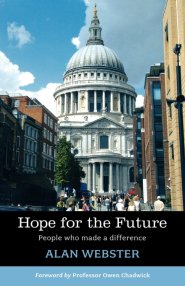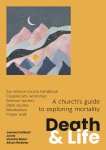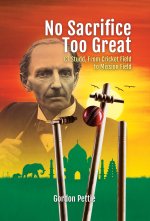Alan Webster who died in 2007 was formerly Dean of Norwich and then St.Paul’s. This book is extremely easy to read in small digestible sketches, broadly assembled by the editors from Alan’s writings over many years, in seven chapters: Leaders and the Church, Peace, Justice and Tolerance, Opening up the Church, the Church in Action, Enriching Human Life, Children and Young People and Hope for the Future, followed by a brief biography of the author. This selection reprints Obituaries, the Credo series from the Times, and includes a forward by Owen Chadwick.
Far from lamenting the Decline of Western Christianity, Alan Webster believed passionately in the Spirit’s activity in the Church and the World. He spent a lot of time training middle class clergy but was angry with society as it now is, and was extremely committed to the marginalised and oppressed. Consequently he was politically active, and was especially involved with the promotion of the Ordination of Women. He believed that poetry brought God closer than prose, and experience more than words, and deplored the frequent stifling effect on the Gospel by the Establishment.
The chapter on leaders opens surprisingly with Mikhail Gorbachev and then continues with broad brush portraits of 20th century bishops and primates. Under Peace, Justice and Tolerance, he highlights the Falklands Service, the Massacre at Amritsar, the death of Steve Biko, the plight of the Ugandan Asians, and his experiences in Nicaragua and Central America, including the controversial involvement by Christians in armed resistance to the Contras. He also outlines the importance of the Spiritual working alongside the Secular, and the Churches working alongside other Religions. This theme is continued in Opening up the Church with his stressing the absolute necessity of ecumenism (especially ARCIC), the vital element of the Feminine in Church life, “Faith in the City”, and the opportunities for Mission which our Cathedrals can and should offer. In the Church in Action he reaffirms the central role of the Village Church in 21st Century Society, and the whole concept of the “cure of souls”.
Altogether, this anthology is encouraging, engaging and a fascinating reflection on the 20th Century Church.
Trustpilot











